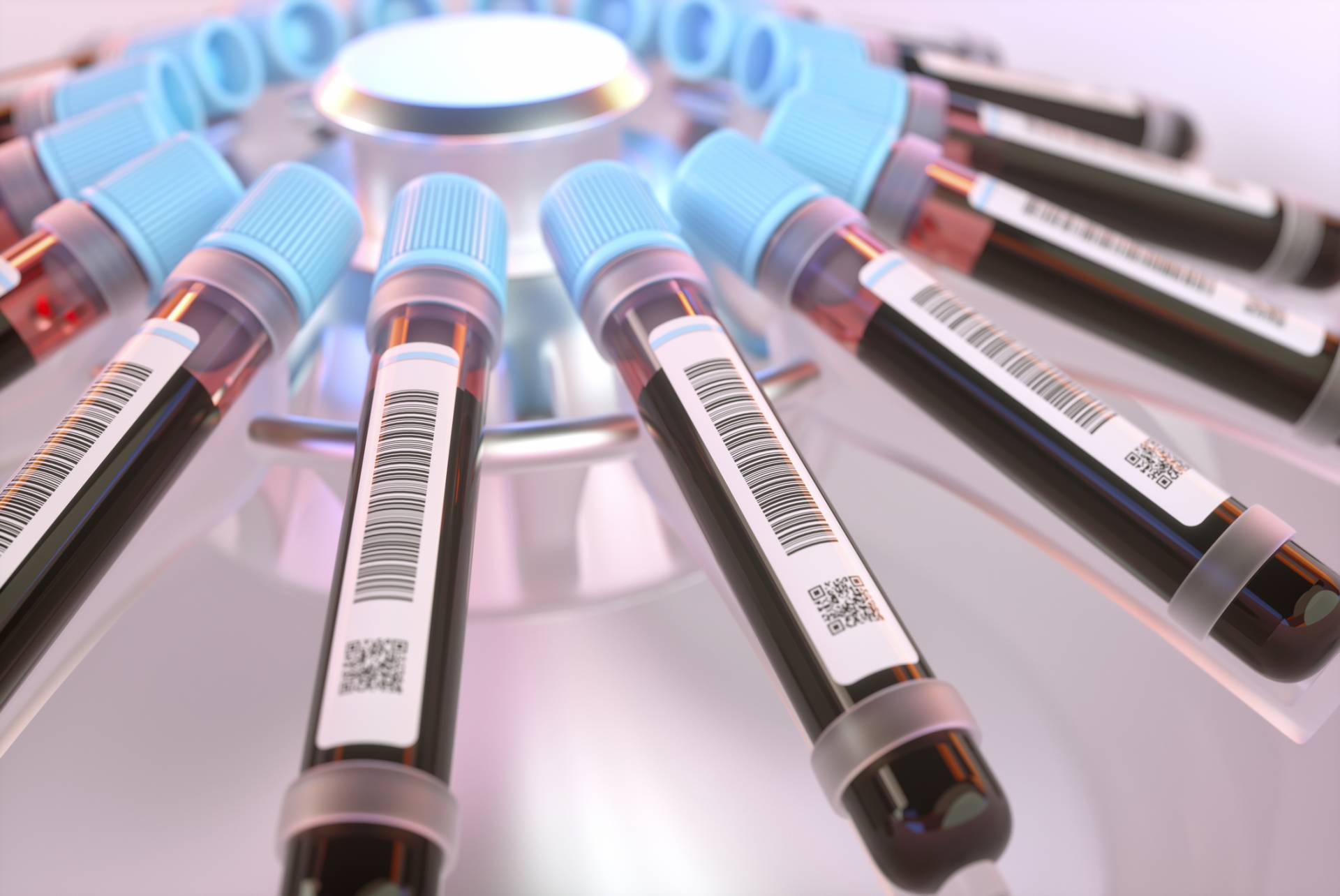Innovation
Optimising urgent cancer referrals through an AI-driven blood test
Competition
NHS Cancer Programme – Innovation Open Call 1

Name & role of Project Lead
Giles Tully, CEO
Twitter: @PinPointDataSci
Clinical Problem
Between 2022-23, 3 million people in England received an urgent referral for suspected cancer. This number has risen at approximately 10% every year for the last decade. The pressure on the system is unsustainable and the situation has only been exacerbated by the impact of COVID-19.
However, despite soaring patient numbers, only 6% of urgent suspected cancer referrals are ultimately diagnosed with cancer. The remaining 94% of patients (2.8 million people in 2022-23) do not have cancer at all. An affordable solution is needed to triage patients by risk as they enter the referral pathway, relieve systemic pressure, free up capacity and more effectively focus resources on the patients that need help most.
Proposed Solution
The PinPoint Test is an affordable AI-driven blood test for cancer that promises to deliver intelligent triage and stratification of suspected cancer patients based on individual risk. The test aggregates signal across 33 biomarkers to generate a single number: the chance a patient has cancer. Those at high risk can be prioritised for rapid investigation in secondary care, whilst those at lowest risk can be safely ruled out of the urgent suspected cancer referral pathway for further consultation with their GP. PinPoint data suggests up to 20% of current urgent suspected cancer referrals could be ruled out, equating to 600,000 patients per year based on 2022-23 data.
PinPoint is a purely software solution which upgrades existing systems, rather than replacing them. No procurement of novel hardware is required; the test is processed in existing pathology labs and is seamlessly integrated into NHS infrastructure, meaning low cost and low barriers to clinical rollout across regions.
Impact - Early detection and diagnosis of cancer
Multi-cancer early detection, contributing to UK government ambition of 75% of all cancers being identified early by 2028:
• Rule out up to 20% of symptomatic patients at the start of the urgent suspected cancer referral pathway, reclaiming capacity for those at higher risk to move more quickly through to investigation.
• Identifying patients at greatest risk of cancer for prioritisation into secondary care; improving early detection and compliance with national targets for diagnosis and start of cancer treatment.
• Over 1 in 6 cancers are missed in an initial urgent suspected cancer referral, with diagnosis delayed by up to 12 months. PinPoint will help the system catch these cancers earlier.
Impact - Patient outcomes and experience
• PPIE sessions already run in five participating Cancer Alliance regions, demonstrating patient acceptability and support.
• Early identification of high-risk patients and the freed up capacity in referral pathways will lead to faster diagnosis and start of treatment, in turn improving clinical outcomes.
• Improved patient experience: rapid delivery of results will mean peace of mind for those ruled out so they can investigate other possible causes of their symptoms with their GP; and reassurance for those prioritised that everything possible is being done to see them quickly.
Impact - Service delivery
• Improved diagnostic capacity (University of Leeds, 2022 publication on Breast pathway).
• Reduced numbers in pathway will release clinic resources in Acute Trusts (see previous).
• Improved compliance to targets.
• A more robust pathway, better focused on those at high-risk will be more resistant to system shocks like COVID-19.
Date Published
September 2023

